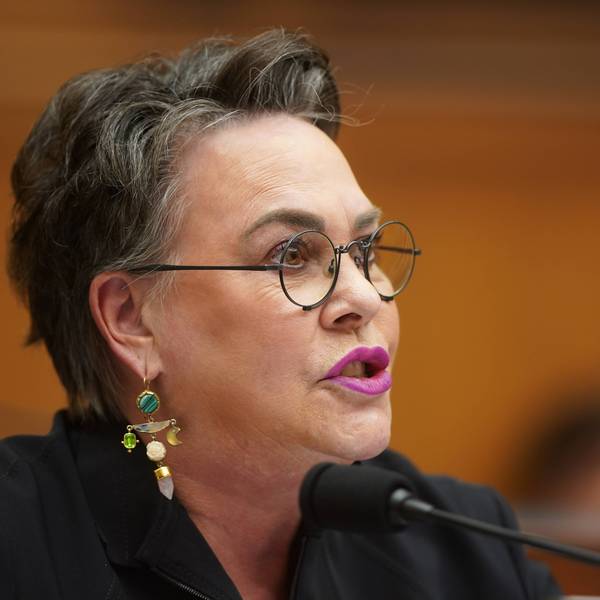This week, Vermont became the nation's first state to pass legislation requiring fossil fuel giants to pay for the damage and disruption caused by their planet-warming products, offering a model for others to follow.
While it remains likely Republican Gov. Phil Scott will veto the bill passed by the state Senate in March and the House on Monday, the legislation—now heading for his desk—was celebrated as a blueprint for others to imitate.
As Vermont Public reported:
Modeled after the federal Superfund program, the policy would require companies like ExxonMobil Corporation and Shell to pay Vermont a share of what climate change has cost the state in recent decades. Vermont would use those payments to establish a program to fund recovery from climate-fueled disasters and work to adapt to the state’s already-changed climate.
Vermont could become the first state in the country to enact such legislation. New York, California, Massachusetts and Maryland are all considering similar bills, as is Congress.
The fossil fuel industry has opposed the measure and vowed legal action if it becomes law. In March, the American Petroleum Institute (API), which represents oil and gas companies, called the legislation "bad policy" and argued that it "may be unconstitutional" for holding corporations responsible for what society at large has done.
Evidence has shown, however, that the fossil fuel industry knew about the climate impacts of burning coal, oil, and gas for decades but hid those understandings from the public as it fought efforts to curb emissions or mitigate the damage being done.
"If you contributed to a mess, you should play a role in cleaning it up," Elena Mihaly, vice-president of the Conservation Law Foundation's Vermont chapter and a supporter of the bill, told The Guardian.
Like many other states, Vermont has suffered expensive damage from climate-related weather events in recent years—costs that proponents of the bill say should not be shouldered by the state alone when it's so clear the fossil fuel industry's role in creating the current crisis.
"You see towns across the state underwater, and communities and businesses financially devastated. The reality of the climate crisis just really comes crashing home," Ben Edgerly Walsh, climate and energy program director for the Vermont Public Interest Research Group, told NBC News following passage in the House. "These are facts that we are dealing with in real-time that we need the financial resources to deal with."
If Scott vetoes the bill, the state House and Senate lawmakers would have to muster a two-thirds majority to override his rejection.




